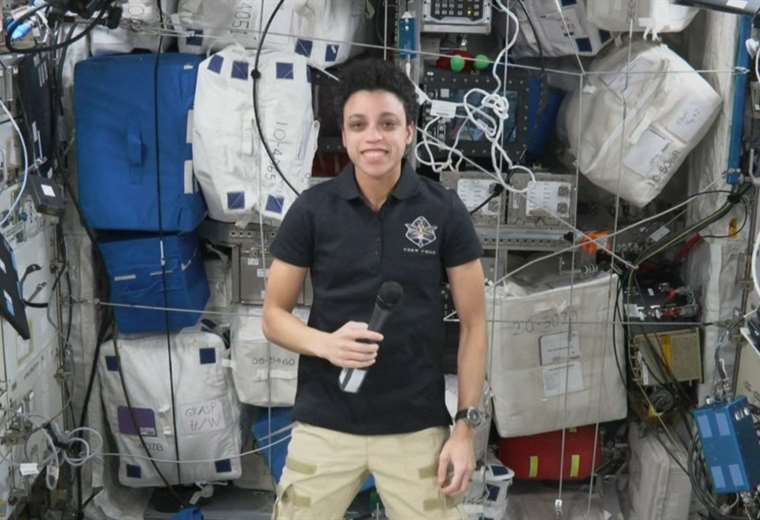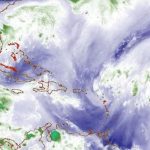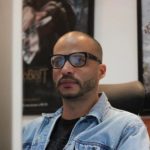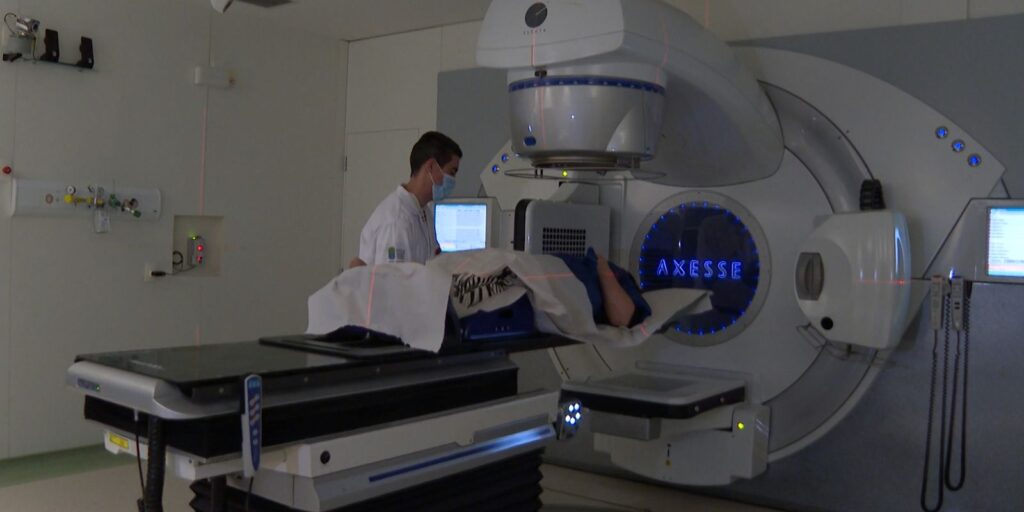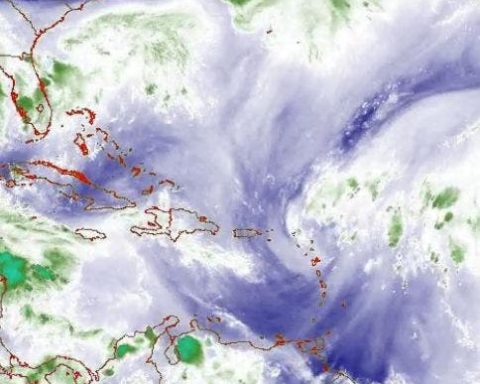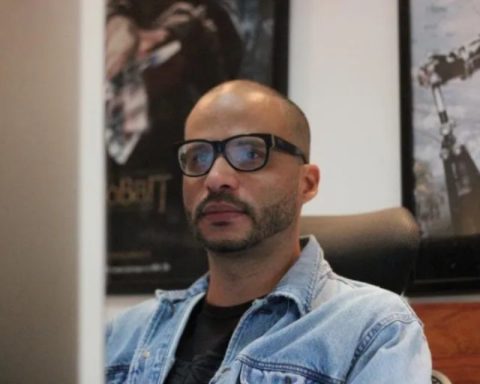August 14, 2022, 9:35 AM
August 14, 2022, 9:35 AM
If you could decide, what would you prefer? Go to the Moon or Mars?
This question, merely theoretical for most people, takes on another meaning for Jessica Watkins, a NASA astronaut.
“Which comes first!”, responds to AFP laughing, during an exclusive interview in zero gravity from the International Space Station (ISS).
At 34, the American has a whole career ahead of her and could be one of the first women to step on the Moon in the coming years. Missions to Mars seem farther away, but since astronauts often work into their 50s, Watkins may still have a chance.
Faced with this hypothetical choice, she refuses to speak out and assures that she would be “absolutely delighted” that her destination “is the Moon or Mars.”
Meanwhile, his first space flight made history: She was the first black woman to perform a long-term mission on the ISS. where he has already spent more than three months and will continue for three more.
The Apollo missions only brought white men to the moon. NASA seeks to change that image little by little with the landing of not only the first woman, but also the first black person.
“It will be an important step for the agency, for the country and even for the world,” Watkins said. “Representation is important. It’s hard to become what you don’t see.”
“I am so grateful to those who came before me, the women and black astronauts who paved the way for me to be here today,” she added. “It was important to me.”
soul of a geologist
Watkins was born in Gaithersburg, in suburban Washington, grew up in Colorado and studied geology in California. As part of a postdoctoral fellowship, he has worked for NASA on the Curiosity rover mission, which has just completed 10 years on Mars.
Thus the planet entered his heart. The American actually published a scientific study on Mars while it was in orbit, on the ISS.
“Geologist, scientist, astronaut”: is the order in which it is described.
He remembers the moment his passion for planetary geology was unleashed, a science that studies the composition and formation of the stars.
It was about one of his first geology classes, on planetary accretion, that is, when solid bodies fuse together to form larger bodies and, ultimately, planets.
There, “I realized that it was what I wanted to do for the rest of my life, and what I wanted to study,” he says.
That is why he considers “formidable” the fact of “being part of an effort that really seeks to do work in another planetary body.”
A successor to Apollo, the Artemis program seeks to progressively establish a lasting human presence on the Moon, which it could use as a base for travel to Mars. A first unmanned mission is due to take off at the end of the month towards the Moon.
Jessica Watkins is part of the 18 astronauts assigned to Artemis.
Officially, all “active” astronauts (there are currently 42) have an equal chance of being selected to travel to the Moon.
“Overcome Limits”
Although NASA may favor a more experienced astronaut for the first manned mission, Watkins’ scientific profile should work in his favor in the future.
For astronauts, having good character and team spirit is also crucial, since crew members spend a lot of time confined to tiny spaces. Watkins says his relatives say he is “easy going” and that he learned the value of teamwork by playing rugby.
What defines the job of an astronaut for her?
“Each one of us has that sense of exploration and desire to continue pushing the limits of what humans are capable of. I think it’s something that unites us,” he replies.
From a very young age, he dreamed of traveling to space and always kept that hope in his head, without thinking that it could “really happen” one day.
“Don’t be afraid to dream big,” he says. “You never know when your dreams will come true.”
